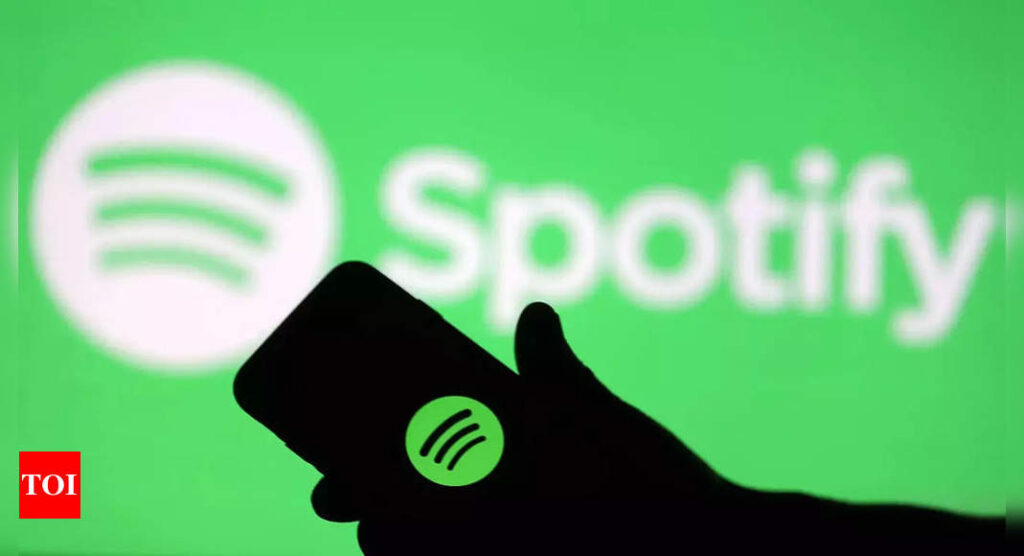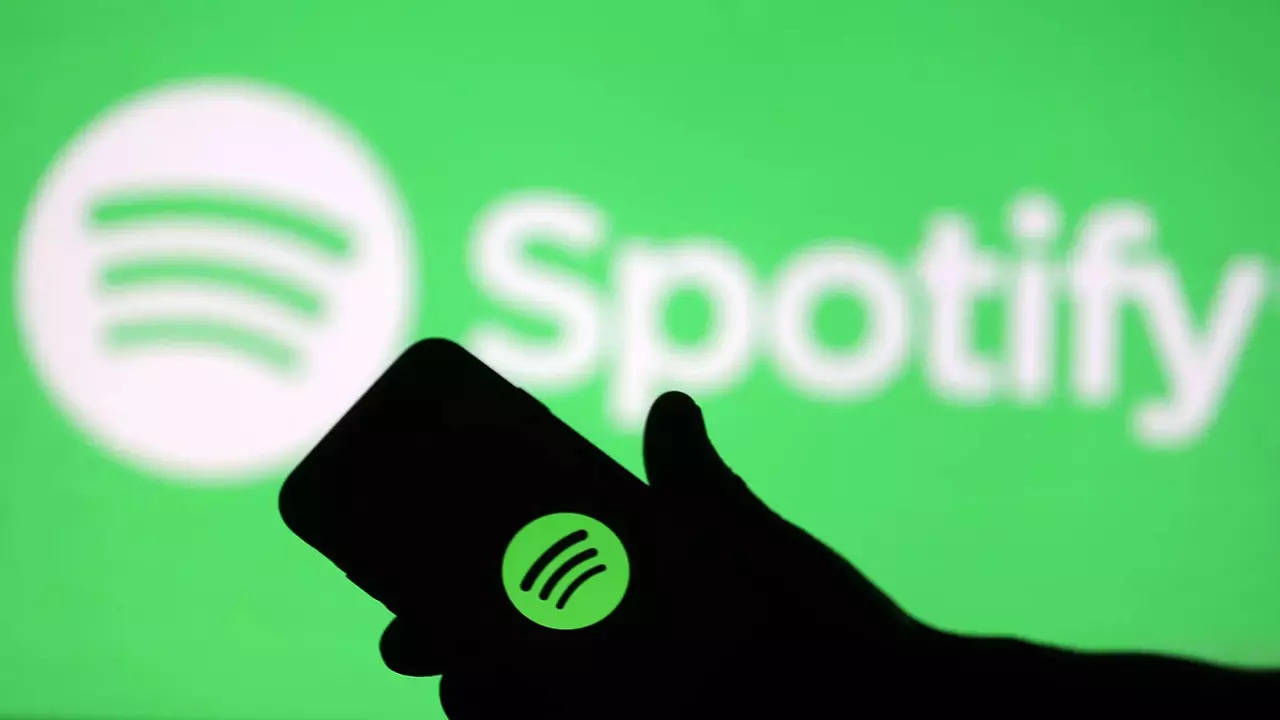[ad_1]
During the ongoing trial between Epic and Google, testimony from a Google executive revealed that Spotify struck a deal with Google that let it bypass the Play Store commission when people pay using Spotify’s payment option.
Spotify paid no commission to Google when users signed up for subscriptions using the music streaming service’s payment system on Android, as reported by the Verge.However, Spotify did pay Google a commission of just 4% if users signed up for the service through Google. This is significantly less than the 15% commission of most other apps for subscriptions through the Google Play Store.
Don Harrison, Google’s head of global partnerships, said in his testimony that Spotify does not pay any fees when it handles its payments but pays a small 4% fee to Google for processing them. “Listening to music is one of [the phone’s] core purposes… if we don’t have Spotify working properly across Play services and core services, people will not buy Android phones”, Harrison reportedly said in court.
This revelation could affect Google’s negotiations with other app developers who may ask for better rates.
After the whole Epic fiasco and a whole lot of scrutiny from regulators, Google introduced the User Choice Billing program in 2022, which allows developers to use their own payment system. If a developer opts in, they owe Google a reduced commission of about 4%. This brings down Google’s 15% subscription service fee to around 11%.
However, developers complain that they usually end up saving little or no money since they have to cover the cost of payment processing themselves. Google, in the court, has emphasised benefits such as greater flexibility rather than cost savings.
During his testimony, Harrison stated that Spotify’s “unprecedented” popularity justified a “bespoke” deal. He argued that if the app did not work correctly on Android phones, people would be less likely to purchase them.
Harisson also revealed that both the companies have agreed to contribute $50 million each to a “success fund.”
Google has confirmed Harrison’s testimony in a statement. “A small number of developers that invest more directly in Android and Play may have different service fees as part of a broader partnership that includes substantial financial investments and product integrations across different form factors,” Dan Jackson, a Google spokesperson, said in a statement. He further added that these strategic investment partnerships enable Google to improve the Android and Play experience for all users and create new opportunities for all developers while bringing more users to the platform.
Google has not named any other developers who received better rates. Google had an offer of a 10% discounted rate, but Netflix rejected it and no longer offers in-app purchases on Android or pays Google’s distribution fee. Then, it settled with Match Group, allowing third-party billing on the Play Store and offering access to Google Cloud and AI technologies, though there is no word on whether they are being offered at a discounted rate.
Spotify was one of the initial backers of Epic’s suit against Google and Apple but then dropped, accepting the ‘sweet’ deal for the User Choice Billing. Epic, however, rejected the offer and the $197 million deal and is currently fighting out its antitrust case against Google. It also went to court against Apple but lost the case.
Spotify paid no commission to Google when users signed up for subscriptions using the music streaming service’s payment system on Android, as reported by the Verge.However, Spotify did pay Google a commission of just 4% if users signed up for the service through Google. This is significantly less than the 15% commission of most other apps for subscriptions through the Google Play Store.
Don Harrison, Google’s head of global partnerships, said in his testimony that Spotify does not pay any fees when it handles its payments but pays a small 4% fee to Google for processing them. “Listening to music is one of [the phone’s] core purposes… if we don’t have Spotify working properly across Play services and core services, people will not buy Android phones”, Harrison reportedly said in court.
This revelation could affect Google’s negotiations with other app developers who may ask for better rates.
After the whole Epic fiasco and a whole lot of scrutiny from regulators, Google introduced the User Choice Billing program in 2022, which allows developers to use their own payment system. If a developer opts in, they owe Google a reduced commission of about 4%. This brings down Google’s 15% subscription service fee to around 11%.
However, developers complain that they usually end up saving little or no money since they have to cover the cost of payment processing themselves. Google, in the court, has emphasised benefits such as greater flexibility rather than cost savings.
During his testimony, Harrison stated that Spotify’s “unprecedented” popularity justified a “bespoke” deal. He argued that if the app did not work correctly on Android phones, people would be less likely to purchase them.
Harisson also revealed that both the companies have agreed to contribute $50 million each to a “success fund.”
Google has confirmed Harrison’s testimony in a statement. “A small number of developers that invest more directly in Android and Play may have different service fees as part of a broader partnership that includes substantial financial investments and product integrations across different form factors,” Dan Jackson, a Google spokesperson, said in a statement. He further added that these strategic investment partnerships enable Google to improve the Android and Play experience for all users and create new opportunities for all developers while bringing more users to the platform.
Google has not named any other developers who received better rates. Google had an offer of a 10% discounted rate, but Netflix rejected it and no longer offers in-app purchases on Android or pays Google’s distribution fee. Then, it settled with Match Group, allowing third-party billing on the Play Store and offering access to Google Cloud and AI technologies, though there is no word on whether they are being offered at a discounted rate.
Spotify was one of the initial backers of Epic’s suit against Google and Apple but then dropped, accepting the ‘sweet’ deal for the User Choice Billing. Epic, however, rejected the offer and the $197 million deal and is currently fighting out its antitrust case against Google. It also went to court against Apple but lost the case.
[ad_2]
Source link











More Stories
Google Maps: Three privacy features coming to Google Maps on Android, iPhones
Most-Downloaded IPhone App: This Chinese app was the most-downloaded iPhone app in the US in 2023
Ukraine’s largest mobile operator goes offline for millions of users after cyber attack